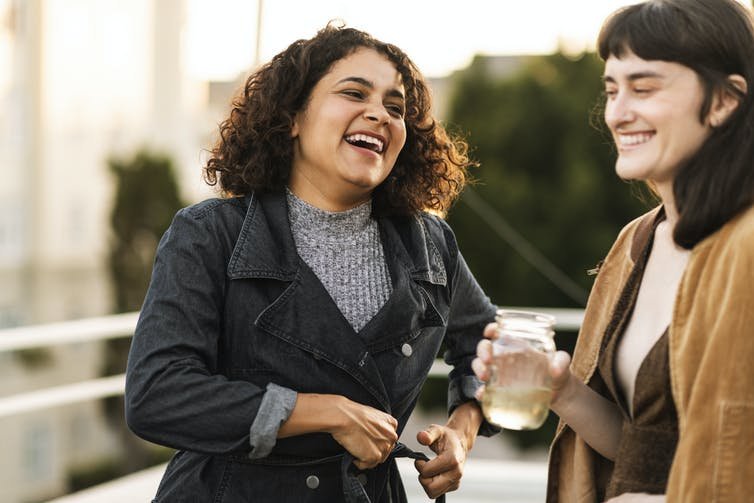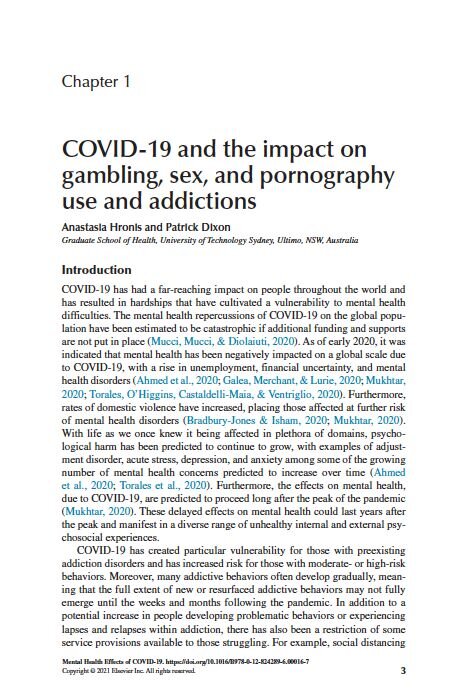By: Dr Anastasia Hronis (clinical psychologist) and Natalie Herron (clinical psychology registrar)
Often, despite all the hard work we’ve put in, we continue to get urges to gamble. The good news is, these urges can be tolerated without having to act on them!
In psychology, we think of these urges to gamble like a wave. It starts out small, and then rises in intensity. However, like a wave, as time passes it gets smaller and the intensity decreases. We can call this “urge surfing”. We can learn to ride these urge waves to build our tolerances, and our ability to.resist.
An important step in being able to ride the waves of gambling urges, is first being able to notice it when it arises. Take a moment to notice the urge, pause to observe it, and describe your experience. When describing your experience, try to do this in a non-judgemental way and without reacting to it. For example, “I’m noticing a really intense desire to place a bet which is causing my hands to be sweaty and tingly”. The more you practice this, the greater your tolerance and ability to master the difficult urges.
In the beginning of practicing this skill, a lot of people find it helpful to pick some activities they can do to help ride the wave. Particularly during the peak of the wave, which is the highest and hardest part of the urge. Some things which might be helpful to do include distraction activities (things like watching a TV show, going for a walk, calling a friend, reading, or You-Tube) or self-soothing strategies (think of things which feel good for your senses – looking at nostalgic pictures, listening to your favourite song, spraying a nice cologne, eating a tasty snack, or having a relaxing bath/shower). Using words of encouragement – either written down on your phone, or for a loved one to remind you, might also be helpful. These could be things such as “Every wave is an opportunity to be patient and confident” or “For every urge I resist, the next one becomes weaker”.
The skill of urge surfing is an important foundation of being able to manage our emotions and addictive behaviours, and can be used in many different aspects of our life. The more you are able to resist an urge without acting on it, it is likely the less intense and frequent they’ll become. Of course, if you do slip up, you can still use the urge-surfing skill to reduce the wave again.
https://gamblershelp.com.au/lets-talk-gambling/urge-surfing-tips-on-how-to-manage-the-urge-to-gamble/















